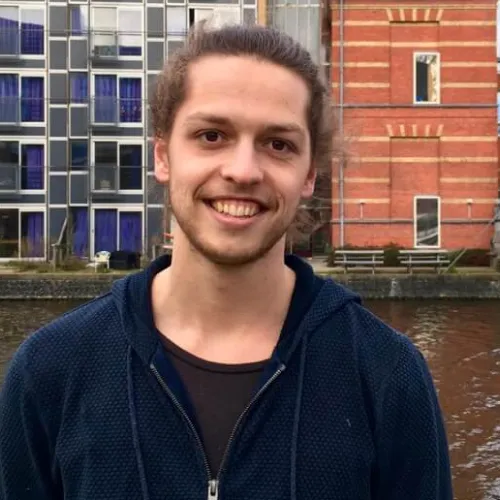
and {0} others
and {0} other
Could the focus on Bildung be a call to the teaching profession to create space where it is currently insufficient? Space for personal engagement. Space for engagement with society. Space to be touched and affected? To be creative, to try, to fail, to try again. To laugh, play, amaze and be amazed. To learn together. To be. To become.
'Yes!", I tasted in a room full of managers from ROC Friese Poort when I suggested this in a lecture. 'Yes,' so told teachers who are in the process of establishing a Public Junior Bildung Academy in Tilburg. 'Yes,' I feel when I connect to my own school and study days. In a time of bricked-up curricula and test upon test, we are getting stuffy. Holland education land: breathe in, breathe out, grab your space! How?
Over the past few years, from my work at The Bildung Academy, I have noticed a strong tendency to think in formal structures and curricula. 'We want more Bildung, let's verbildungen the curriculum'. Logical, and in itself nothing wrong with that, but: often it is possible to do much more Bildung without changing anything about the curriculum. In other words: room for Bildung is not only something curricular, it is also something relational.
I find the tendency to focus on the curriculum understandable and it feels safe: it can be fixed and controlled and is not so directly about yourself. A relationship, a culture, is different. It happens between people in the moment. That is vulnerable and unpredictable. However, a curriculum can be fantastic, with all kinds of bridges to society, with reflection and conversation, with free, creative assignments, and yet completely fall apart if, for example, there is no culture of trust, openness and attention. And vice versa, when the relationships are on and on, but the curriculum anonymous and buttoned up, students can just lose their minds. Both matter and interact with each other.
An example. At one point, I had two hours to discuss the progress of a project with a group of students. Shortly before, the little brother of a fellow student of theirs had committed suicide. We were all upset. At the start, I asked the students how they were doing and it came up immediately. So what do you do? We went for a two-hour walk and had a wonderful conversation about death. Afterwards, the students thanked me for giving them space. There was a sense of "we can move on again. Moreover, we were all touched by the observation that actually everyone experiences intense things around death and is shaped by it, and that brought us close together. It was a powerful experience; I don't think that a curriculum component about death can easily compete with that.
In short: opportunities for Bildung continually present themselves, all we have to do is be attentive and grab the space.
KoenWessels is part of The Bildung Network and co-initiator of The Bildung Academy.



